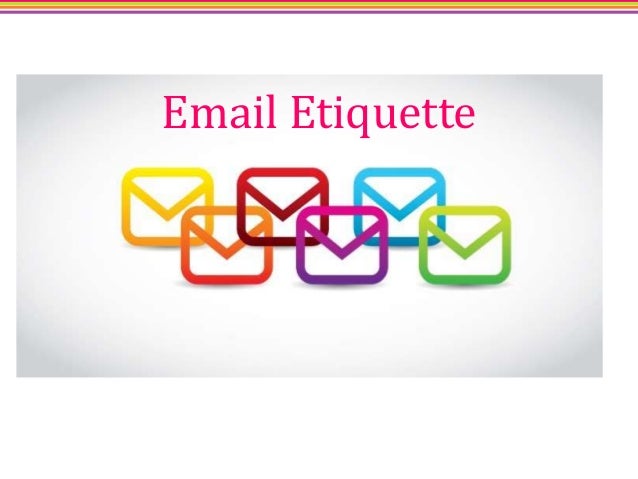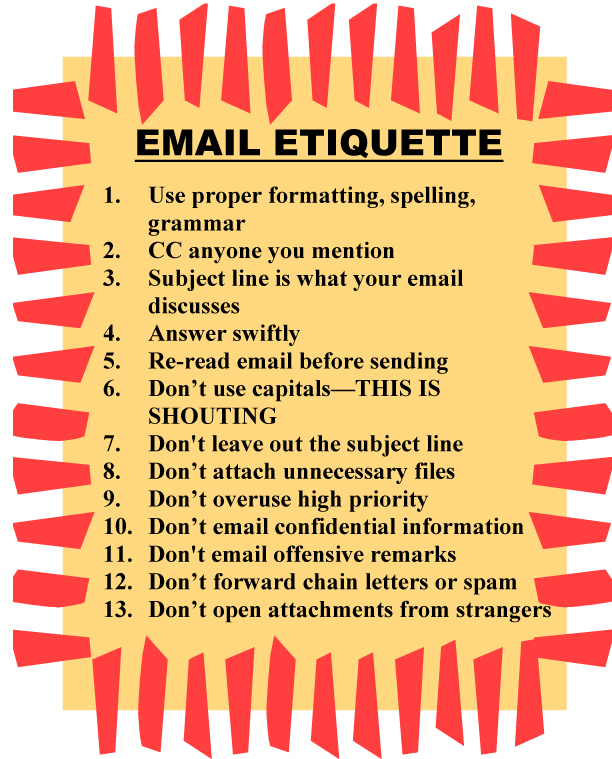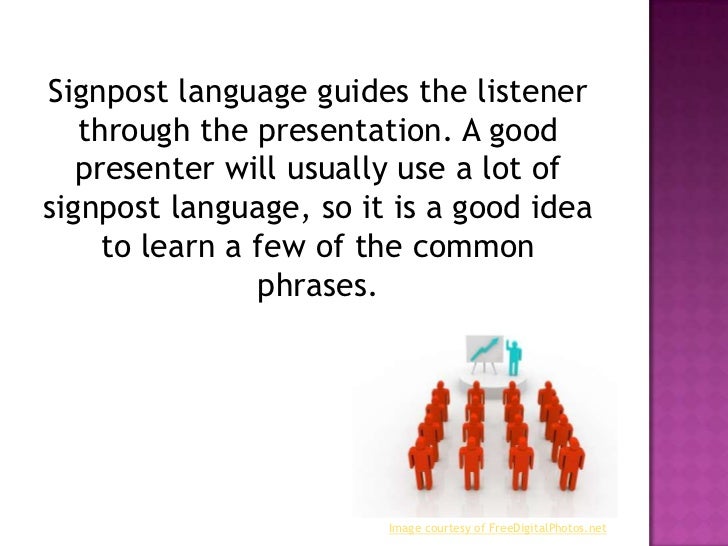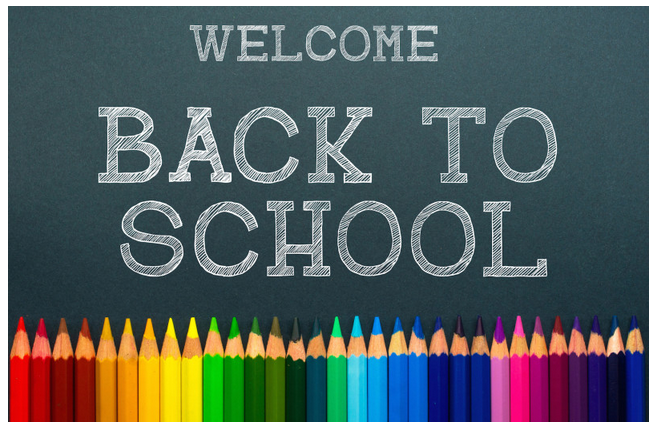 |
| http://schools.peelschools.org/sec/erindale/IB/PublishingImages/Pages/default/LearnerProfilepicture.png | | | | |
1. Present Simple Quiz
2. Warm-up: 5 minutes
Odd one out - Choose the word that is different and explain
WHY it is different.
window, river, envelope, client, oregano
3. ACTIVITY: Unique and shared
ATL - Collaboration skills
Unique and shared
is a game to findout what we have in common with our peers, in other
words, our similarities, but also to find out what our own strengths
are.
First, in groups, take a sheet of paper and decide who will take notes for your group.
In
your group, create a list of the shared traits and qualitites that the
members of the group have. For example, 'We all have siblings'. Try not
to write things that are too obvious. The idea is to try and find
strengths and characteristics that are not superficial. You have 10
minutes to do this.
Now, select a member of the group to read your list to the rest of the class.
For
the second part of the game, the unique part, work in new groups.
Select someone in the group to be the notetaker. Take another sheet of
paper and write down unique characteristics for each member of the
group. You must try to find at least two unique qualities for each
person. Remember to try and choose things that are not superficial. You
have 10 minutes to complete this task. Nominate someone in the group to
read a quality, one at a time, to the class. See if your classmates
can guess whose quality it is.
September 12
IB Learner profiles - What are they? Where can we find them printed in our school community? How can they help us?
Discussion
Homework: Present simple quiz
http://www.quia.com/quiz/6480518.html
September 13
ATL: Information literacy skills: Access information to be informed and inform others
Creative-thinking skills: Use brainstorming and visual diagrams to generate new ideas and inquiries.
In pairs, go to your school website and find out basic information about the MYP programme. Now, carry out some research about a different study programme from your country.
Complete a Venn diagram with the infomation you have found and present it to your class.
A Vennn diagram is a useful tool to compare and contrast information.
Visit this website and copy the template:
https://eslwriteaway.files.wordpress.com/2014/10/venn-diagram.jpg
Homework: Due Monday, Sept 18
Look at the IB learner profile attributes and identify at least two that you feel are your strongest.
Write sentences with the attributes you have selected.
Start your sentences with "I am balanced when I . . . ".
Now think about the attributes that are not your strongest.
Write sentences explaining what you can do to develop these skills.























